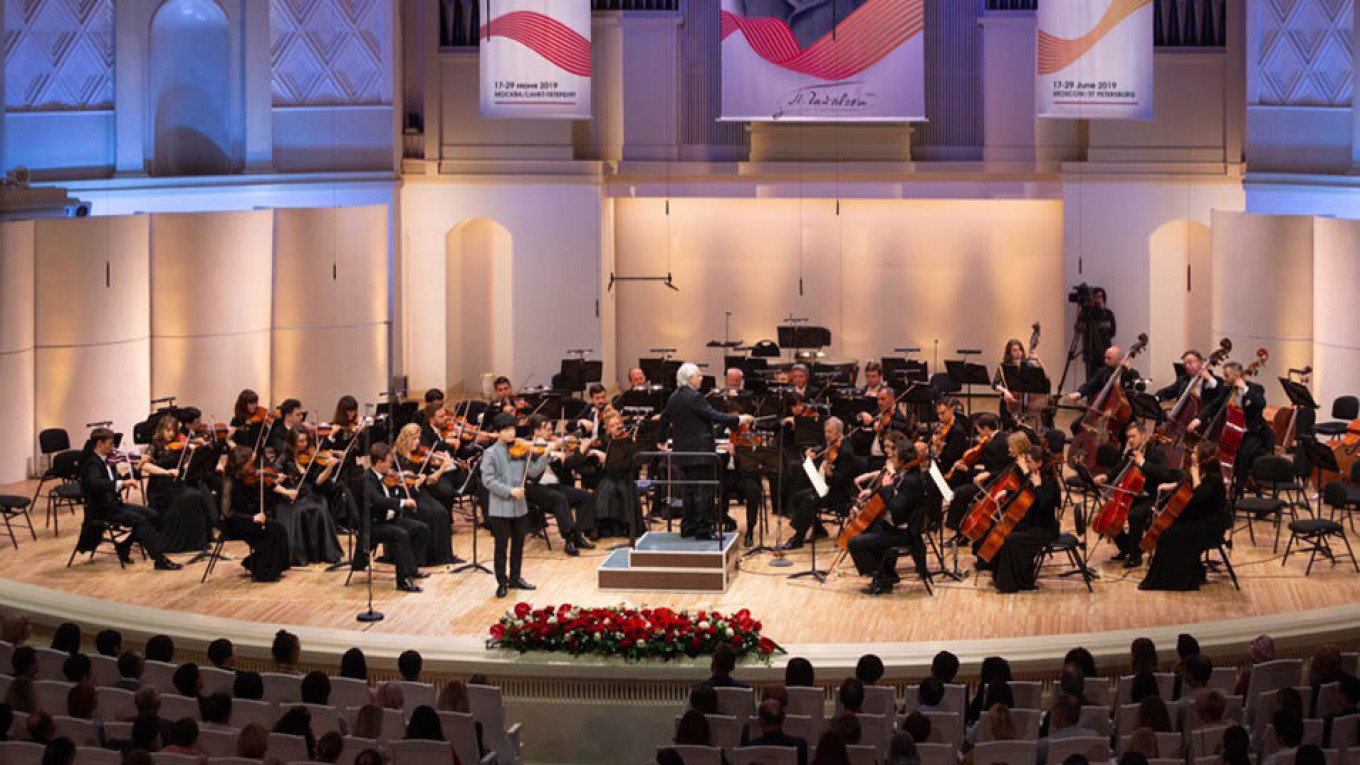The 16th International Tchaikovsky Competition ended this year with the largest pool of competitors, unquestionably brilliant performances, and one organizational error that a young pianist will never forget.
This year’s Grand Prix winner was Alexandre Kantorow from France, a pianist of mesmerizing talent. He won the first prize and the gold medal in the piano category, followed by shared honors: second prize and silver medals were given to Dmitry Shishkin (Russia) and Mao Fujita (Japan); third prize and bronze medals went to Alexei Melnikov (Russia); Kenneth Broberg (U.S.); and Konstantin Yemelyanov (Russia).
The fourth prize and diploma was awarded to Tianxu An (China), who was also given a special prize for courage and self-possession when the organizers reversed the order of the pieces he was about to play. The official responsible for the mishap was later fired.
Among violinists, the first prize and gold medal was awarded to Sergei Dogadin from Russia; Zlatomir Fung (U.S.) was awarded first prize and gold medal for his performance on cello. Russian women took almost all the awards for voice, with first prize and gold medal going to Maria Barakova, but the men’s voice awards went to Alexandros Stavrakakis from Greece, who was in first place, and the Korean singer Gihoon Kim in second place. This year the competition included woodwind and brass instruments for the first time. A complete list of all the winners is on the competition site. In the end, 45 musicians from 19 countries left with prizes. They came from a field of almost 1,000 applicants from 58 countries, with 231 young musicians making it to the first round.
The competition ended with a gala concert of laureates performing in the Zaryadye Concert Hall in Moscow. Enjoy.
A Message from The Moscow Times:
Dear readers,
We are facing unprecedented challenges. Russia's Prosecutor General's Office has designated The Moscow Times as an "undesirable" organization, criminalizing our work and putting our staff at risk of prosecution. This follows our earlier unjust labeling as a "foreign agent."
These actions are direct attempts to silence independent journalism in Russia. The authorities claim our work "discredits the decisions of the Russian leadership." We see things differently: we strive to provide accurate, unbiased reporting on Russia.
We, the journalists of The Moscow Times, refuse to be silenced. But to continue our work, we need your help.
Your support, no matter how small, makes a world of difference. If you can, please support us monthly starting from just $2. It's quick to set up, and every contribution makes a significant impact.
By supporting The Moscow Times, you're defending open, independent journalism in the face of repression. Thank you for standing with us.
Remind me later.






